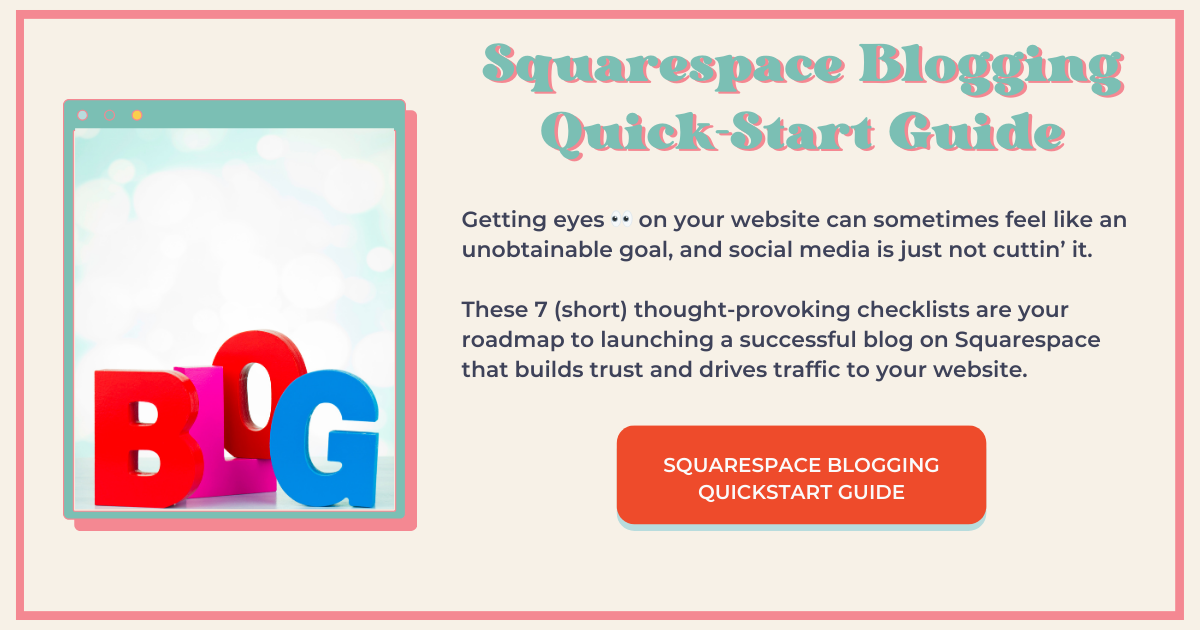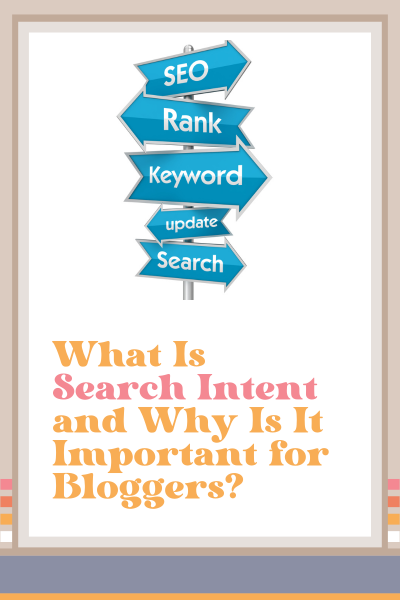What Is Search Intent and Why Is It Important for Bloggers?
Whenever someone types a query into Google, Google’s algorithm is able to identify the ‘user intent’ of the query, which is just a fancy way of saying that Google can determine the type of information the user is looking for based on their query.
These ‘search terms’ can be broadly categorized into four types: navigational, informational, transactional, and commercial searches.
In this post, I’ll outline what each type means, how they affect SEO, and tips to optimize your content accordingly. Additionally, we’ll discuss which search intent bloggers should primarily focus on to maximize their reach and engagement.
Navigational Searches
A navigational search is a search where the user already knows where they want to go, but instead of typing the URL into the browser, they do a Google search for it.
You probably do this all the time, I know I do. The ones I do the most are
Google search console login
Google maps
My credit card login
My bank login
Pretty much all the logins for my online bills
For navigational searches, you want to ensure your site appears prominently when users search for your brand name or specific web pages. If your site is well-optimized, users should have no trouble finding it.
Here are some tips:
Submit a sitemap to Google to make sure it’s properly indexed.
Maintain a clear and organized site structure with intuitive navigation. This helps Google understand your site's hierarchy and what your key pages are.
Ensure that your main pages are well-linked internally throughout your site. This helps Google understand the importance of those pages.
Use descriptive and relevant titles and meta descriptions for your pages. This helps Google understand the context of each page.
Informational Searches
An Informational search is when a user is looking for information. A user might be trying to solve a problem, have a question, or want to learn about a specific topic.
This is the search intent related to blogging.
An informational search term might look something like this:
How to do keyword research
How to add a second button to navigation in Squarespace
How to make a summary block auto-scroll in Squarespace
What are the types of search intent
Informational searches can be highly competitive and attract a large volume of traffic. The goal is to provide high-quality, relevant content that answers the user's query.
Use keyword research to understand what information your target audience is searching for.
Create quality content that addresses the query in an easy-to-understand manner.
Use headings, subheadings, bullet points, and chunk your text to make your content scannable.
Transactional Searches
Transactional searches occur when users are ready to make a purchase or take a specific action, like signing up for a service.
A transactional search might looks something like this:
Buy newest iPhone
Get Amazon Prime
Order pizza for delivery
The goal of a transactional search is to convert users into customers. SEO strategies should focus on optimizing product pages and making the buying process as seamless as possible.
Here are a few tips:
Use strong calls-to-action (CTAs) like “buy now,” or “schedule a call.”
Avoid passive CTAs like “learn more,” or “our philosophy.”
Optimize product descriptions and images on-page and in SEO descriptions.
Ensure your site is mobile-friendly, many of your customers are using their phones.
Commercial Searches
Commercial searches are performed when users are in the research phase before making a purchase. They’re doing their due diligence by comparing products or services so they can make an informed decision.
A commercial search might look something like this:
Best smartphones 2024
Netflix vs Hulu
Top 10 laptops for gaming
These searches are crucial for guiding potential customers through the buying journey. Being transparent by providing detailed, comparative information builds trust and encourages conversions.
Here are some ideas for optimizing your website for commercial searches:
Create comparison guides and review content.
Use keywords related to product comparisons and reviews.
Provide clear, detailed information that helps users make a decision.
Was this helpful?
Did you find this post helpful? Did you know that there were 4 different types of search intents and that they should be optimized accordingly? Share your thoughts below 👇
This page contains affiliate links
Like this post?










